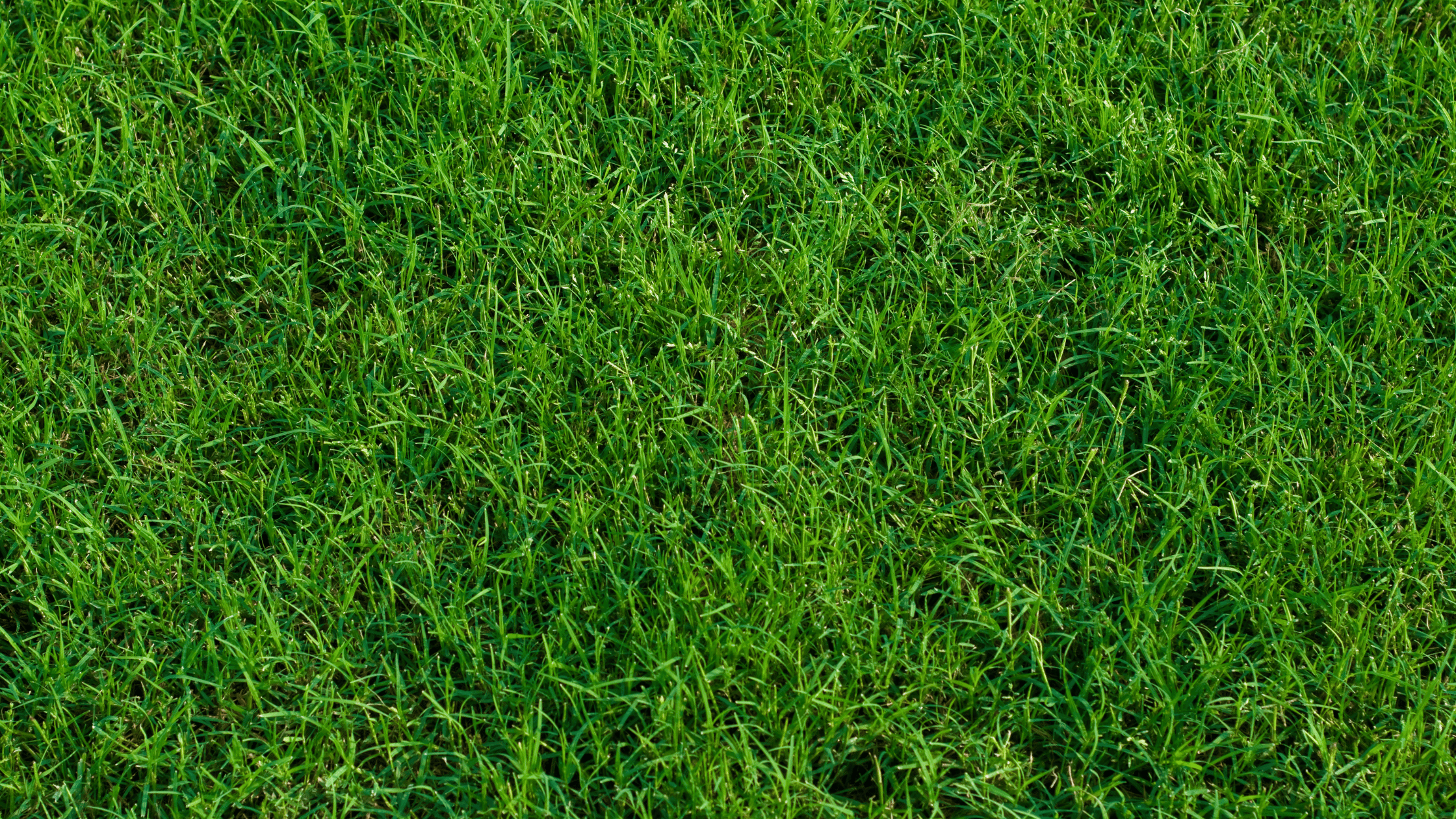Learn about different ways to make Bermuda grass thicker and greener on your lawn!
Bermuda grass is a popular choice for lawns in warm climates due to its ability to withstand high temperatures and drought conditions. Besides, homeowners keen on green and lush lawns also choose Bermuda grass as their go-to option.
Although the grass has the ability to withstand hard conditions, there can be many challenges in maintaining a thicker, fuller, and greener Bermuda grass lawn. However, even this hardy grass can benefit from a little extra care to make it thicker, greener, and fuller. Here are six ways to achieve a lush Bermuda grass lawn.
Challenges In Maintaining Bermuda Grass Lawn
Maintaining a Bermuda lawn in Atlanta can be challenging due to various factors, including climate, pests, and disease.
Climate: One of the main challenges of maintaining a Bermuda lawn in Atlanta is the climate. Atlanta has a humid subtropical climate, which means that summers can be hot and humid, and winters can be mild with occasional freezing temperatures.
Pests: Another challenge of maintaining a Bermuda lawn in Atlanta is dealing with pests. Common pests that can damage Bermuda grass in Atlanta include armyworms, sod webworms, and fire ants.
Disease: Bermuda grass is susceptible to a variety of diseases, which can be challenging to manage. Common diseases affecting Bermuda grass in Atlanta include brown patches, dollar spots, and rust.
Ways To Make Bermuda Grass Thicker, Greener, and Fuller
Here are the go-to tips for Bermuda lawn owners to achieve a fuller and greener lawn:
1. Fertilize regularly
Fertilization is essential for Bermuda grass to maintain its color and vitality. Use a fertilizer with a nitrogen-phosphorus-potassium (N-P-K) ratio of 3-1-2 for best results. Apply fertilizer four to six times yearly, beginning in the spring when the grass begins to green. Avoid fertilizing when the grass is dormant or during periods of drought, as this can burn the grass.
2. Water deeply and infrequently
Bermuda grass is drought-tolerant but still needs regular watering to stay healthy. Water your lawn deeply and infrequently rather than with frequent, shallow watering. This encourages the grassroots to grow deeper, making them more resilient to drought conditions.
Water your lawn for 20 to 30 minutes, two to three times per week, depending on the weather and soil type. If you live in an area with water restrictions, consider installing a rain barrel to collect water for your lawn.
3. Mow at the right height.
Mowing at the proper height is crucial for maintaining a healthy Bermuda grass lawn. Mow your lawn at the height of 1 to 1.5 inches during summer. Additionally, raise the blade to 2 to 2.5 inches during the cooler months. Avoid cutting off more than one-third of the grass blade at any one time, as this can stress the grass and make it more susceptible to disease and pests.
Using a sharp mower blade is also important to ensure a clean cut. A dull blade can tear the grass, which can make it more vulnerable to diseases.
4. Aerate your lawn
Aeration is the process of removing small plugs of soil from the lawn, which allows air, water, and nutrients to reach the roots more easily. Over time, soil can become compacted, making it difficult for grassroots to penetrate and absorb nutrients. Aerate your lawn once per year, preferably in the spring or fall, using a lawn aerator machine or a manual aerator tool.
5. Control weeds and pests
If left unchecked, weeds and pests can quickly take over a Bermuda grass lawn. Use a pre-emergent herbicide in the spring to prevent weed seeds from germinating, and spot-treat weeds as soon as they appear. Look for signs of pest infestation, such as brown patches or chewed blades of grass, and use an appropriate insecticide to control the problem. Be sure to follow the manufacturer’s instructions when applying herbicides and insecticides.
6. Overseeding is a good way to make Bermuda lawn thicker
Overseeding your lawn is another way to make your Bermuda grass thicker, fuller, and greener. Overseeding involves spreading grass seed over your existing lawn to fill in thin areas and promote new growth.
Choose a Bermuda grass seed that is appropriate for your region and matches the variety of Bermuda grass that you currently have. Overseed your lawn in the spring or fall, and water the lawn frequently to encourage germination.
Conclusion
A thick, full, and green Bermuda grass lawn can be achieved with the right care and attention. By mowing your lawn correctly, fertilizing your lawn, watering your lawn properly, aerating your lawn, controlling weeds, and overseeding your lawn, you can create a lush and vibrant lawn that you can be proud of. Remember, achieving a healthy lawn is a process that takes time and patience, but the end result is well worth the effort.
In conclusion, following these six steps can help make your Bermuda grass lawn thicker, greener, and fuller. With a little extra care and attention, your Bermuda grass lawn will be the envy of the neighborhood.
You can also get professional help to make your lawn fuller and greener in Atlanta and neighboring areas. Contact Guaranteed Green serving in Atlanta and surrounding neighboring cities. You can call our lawn care experts in several areas, including Dallas, Marietta, Kennesaw, Smyrna, Acworth, Douglasville, and other metro areas. We will curate a personalized lawn care program for your Bermuda grass to help it grow and thrive.



